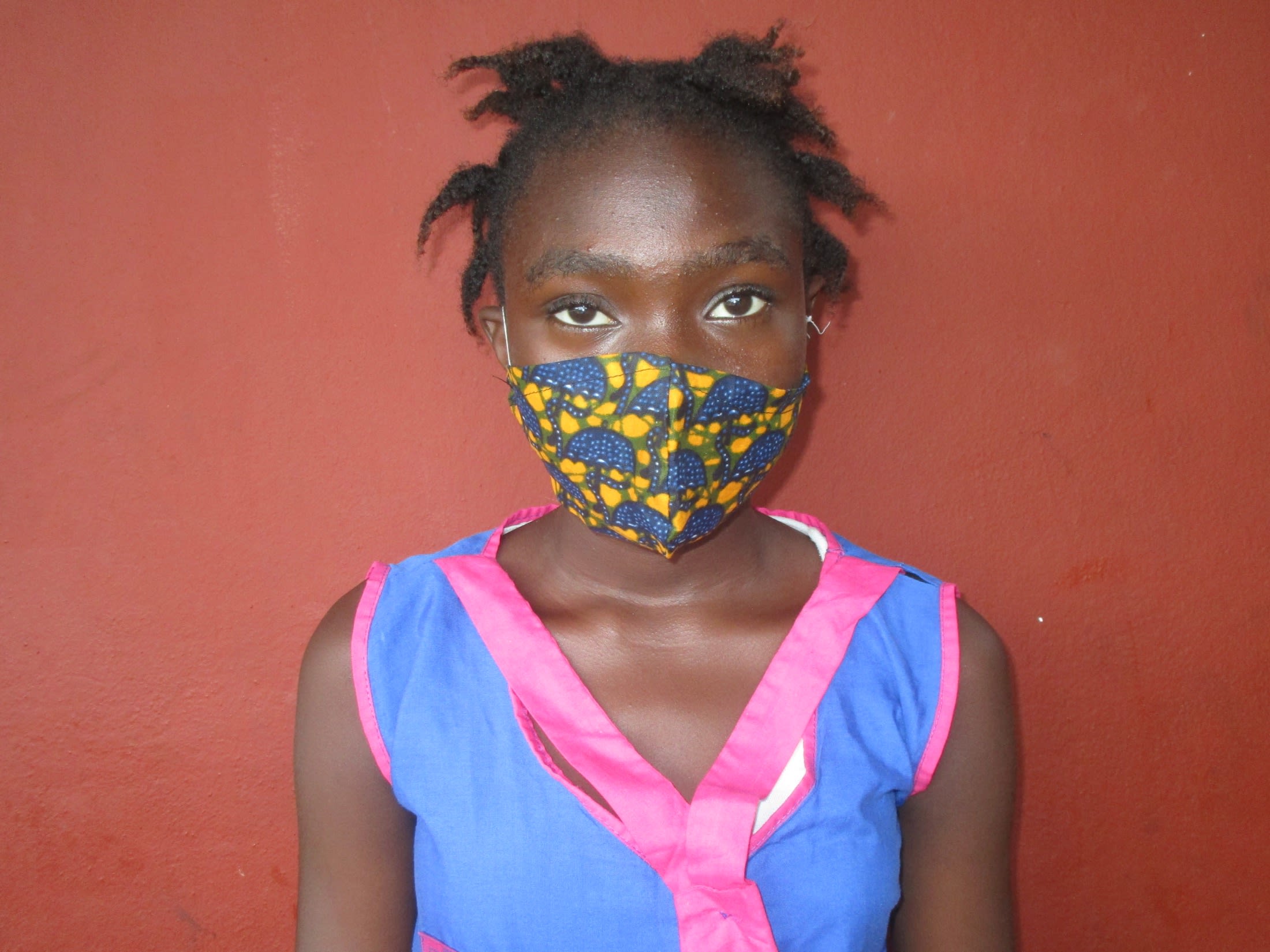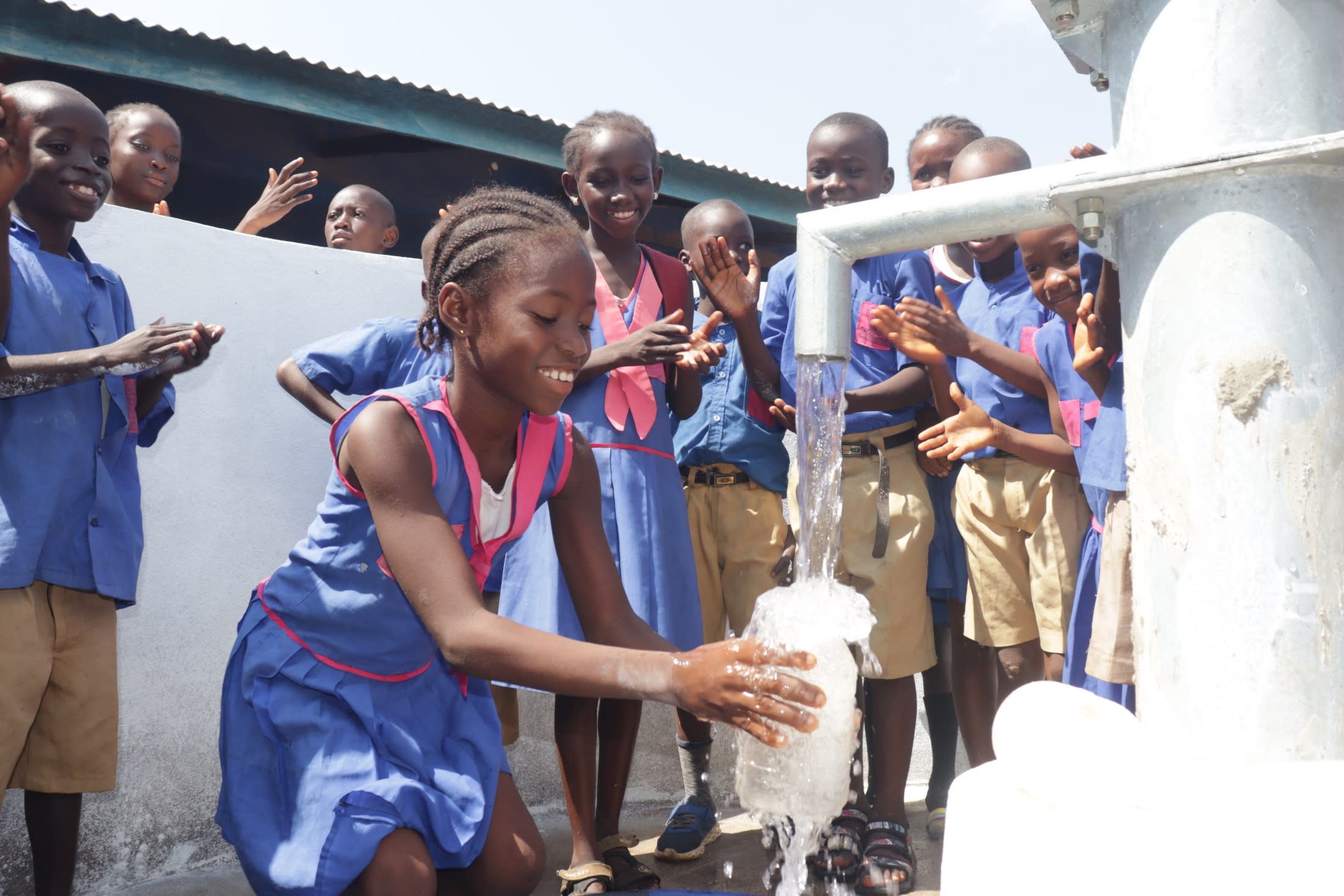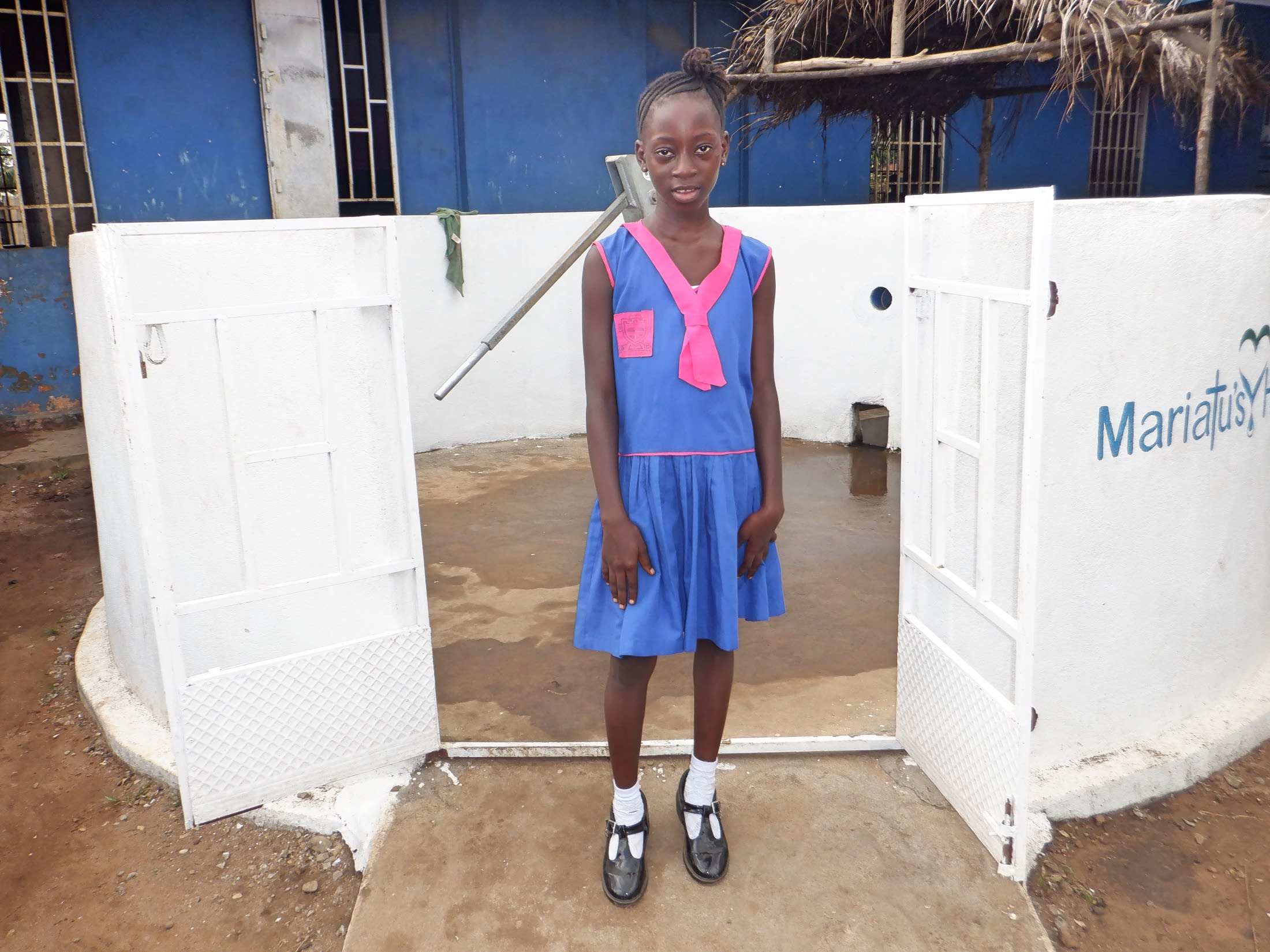Saint Augustine Primary School was founded in 1971 by Catholic priest Joseph Millan. It began with just 5 classrooms and 72 students. Over nearly half a century later, thousands of students have been fortunate to pass through these buildings to bigger and better things. In the 1970s, girls were discouraged from attending school, but over time, that changed. The student population has increased steadily, making this primary school one of the most sought-after in the area for both girls and boys.
Despite this, the school still does not have a water source on its grounds.
The students use a well located at the neighboring nursery school, or one in the community located farther away from the school. The nursery school locks the gate during the school day, forcing students at Saint Augustine to walk to the community well. Often, both locations refuse to allow the students to fetch water, forcing the students to travel even farther.
Without a reliable water source at the school, the 984 students' education is consistently disrupted.
"As a Head Boy, it is my responsibility to make sure there is water in all of the classrooms," explained pupil Victor. "The class head is responsible for choosing the people who are to fetch water for the day. Fetching water is based on who is a continuous noisemaker in school. I sometimes escort the students to fetch water, or the Head Teacher does it to guarantee a chance at fetching."
The students are expected to fetch water throughout the day, starting before school and making their last trip shortly before school lets out. Each classroom is expected to provide drinking water for its pupils. Nearby hand-dug wells are increasingly unreliable due to a decreasing water table caused by climate change.
"I have had to personally visit the Head Mistress of the nursery school to allow my students to fetch buckets of water before the compound is closed. I leave my duties and turn into an escort for my students. I never really understood what my students were going through until I witnessed the ordeal of trying to get just a bucket of water. I was overly frustrated," said Head Teacher Mohamed Fofanah.
What we can do:
New Well
We will be drilling a new borehole well that is centrally located and will relieve many people, including these students and teachers, of the long or difficult journey to fetch water.
Our team will drive over the LS200 mud rotary drill rig and set up camp for a couple of nights. Once the well is drilled to a sufficient water column, it will be cased, developed, and then tested. If these tests are positive, our mechanics will install a new India Mark II pump.
This school and community have been pushed to open and contaminated wells for their water. By drilling this borehole, the school and surrounding community will be provided with plenty of accessible clean drinking water.
Training
There will be hygiene and sanitation training sessions offered for three days in a row. School and community members will learn how to make a hands-free handwashing station called the "tippy-tap." We will use these tippy taps for handwashing demonstrations and will also teach about other tools like dish racks and the importance of properly penning in animals. We will highlight the need to keep restrooms clean, among many other topics.
This training will also strengthen a water user committee that will manage and maintain this new well. They will enforce proper behavior and report to us whenever they need our help in solving a serious problem, like a pump breakdown.

 Borehole Well and Hand Pump
Borehole Well and Hand Pump
 Rehabilitation Project
Rehabilitation Project
































